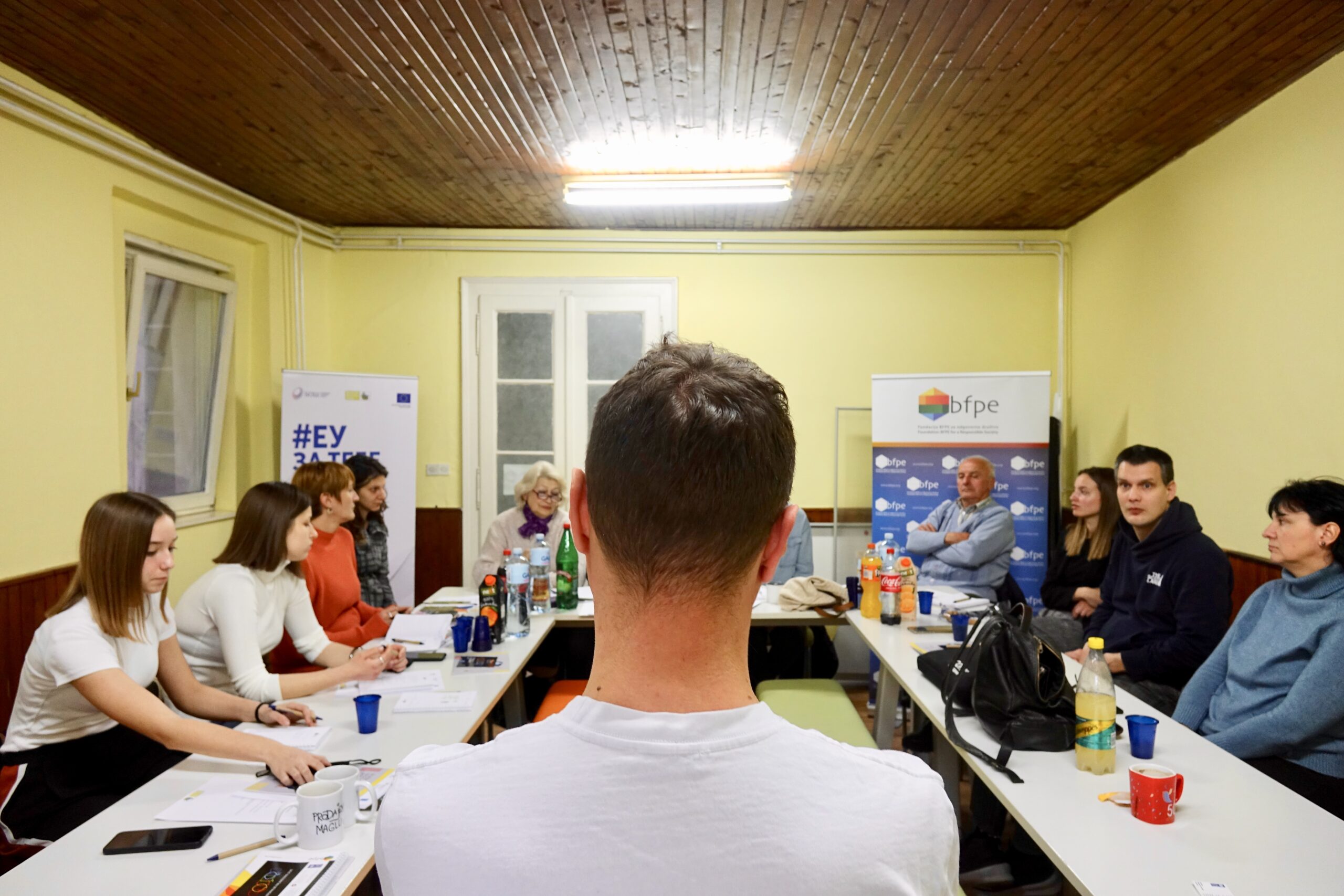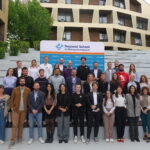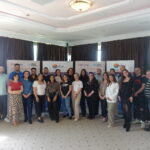Within the project “Strengthening Parliamentary Democracy and Inclusive Political Dialogue“, trainings were held in Sombor, Smederevo, and Nis in March on the existing mechanisms for involving citizens in decision-making and communication challenges that exist between decision-makers, the civil sector, and citizens.
The methods used during the event were based on the principles of non-formal education with special emphasis on interactivity, participation, inclusiveness, and focus on meeting defined goals. Each participant had the opportunity to take an active role in the discussions and thus encourage an exchange of views on existing mechanisms for involving citizens in decision-making processes and possible ways to improve them.
During the first session, participants had the opportunity to look at the communication problems faced by all stakeholders in the local community. The most frequently mentioned problems were the inadequacy of communication channels used by decision-makers, low level of motivation for active participation in society, lack of resources, and mutual trust. All challenges were discussed and priorities were defined regarding the opportunities of the civil sector to improve communication with citizens, decision-makers, and other stakeholders.
Then, the participants were introduced to the basics of public advocacy, an organized political process led by people, through which all interested citizens, especially disadvantaged and marginalized, understand their rights and power, and use them to successfully and equally participate in the decision-making process at all levels with the intention of introducing systemic equality and justice and positively affecting the quality of people’s lives.
After the presentation of the concept of public advocacy, the participants had the task to list possible topics for joint action of local civil society through the model of public advocacy. All topics were discussed in terms of necessary resources, determining formal decision-makers, and opportunities to influence decision-makers through various individuals, groups, organizations, and institutions that would be interested in supporting some of the proposed initiatives.













